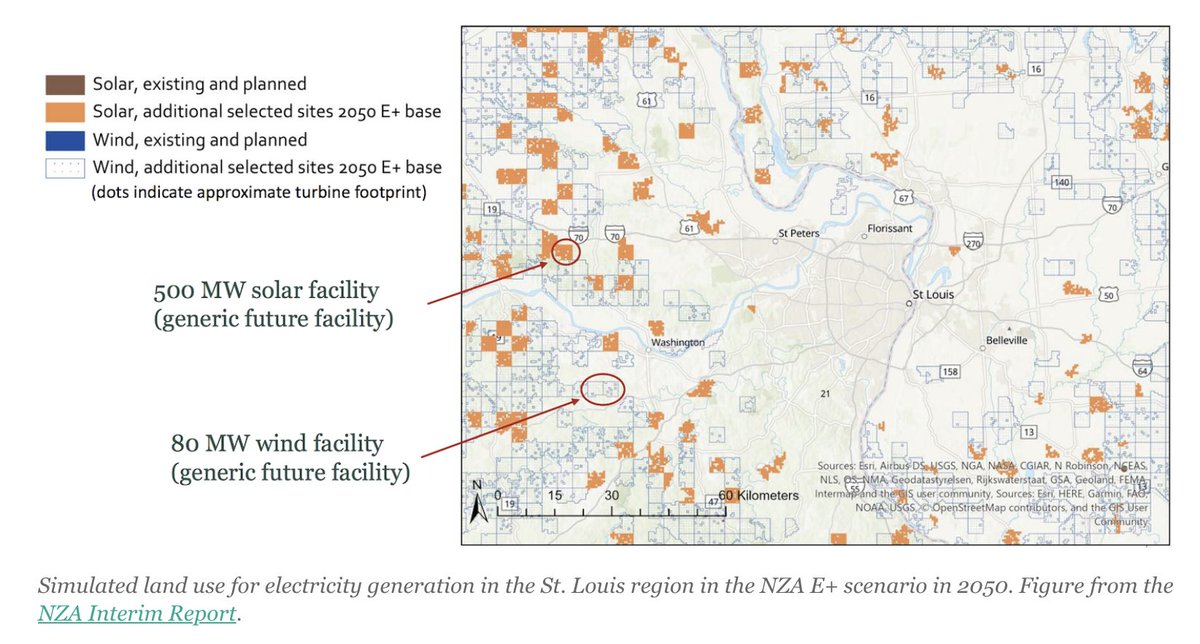
Some claim we can never absolutely decouple economic growth from CO2.
However, the UK is an example of how emission reductions need not come at the expense of prosperity.
Since 1990, the UK's real GDP has increased 80%; at the same time, their emissions have fallen 50%.
However, the UK is an example of how emission reductions need not come at the expense of prosperity.
Since 1990, the UK's real GDP has increased 80%; at the same time, their emissions have fallen 50%.

And, yes, this just includes territorial emissions; some of the decline since 1990 is associated with offshoring.
But consumption emissions (e.g. from all goods consumed in the UK) have been falling just as rapidly as territorial emissions since 2007: carbonbrief.org/analysis-why-t…
But consumption emissions (e.g. from all goods consumed in the UK) have been falling just as rapidly as territorial emissions since 2007: carbonbrief.org/analysis-why-t…

Its not just the UK; here is my home state of California's economic growth and emissions since 1990: 

Or the US as a whole (from @OurWorldInData), including consumption emissions: ourworldindata.org/co2/country/un… 

There are of course some countries where GDP growth is still strongly tied to emissions growth (albeit with some declines in emissions intensity of GDP). India, for example: 

Also some rich countries are reducing emissions in recent years but are still close to 1990 per-capita levels, such as Australia and Japan. 



For more on drivers of decarbonization (and decoupling) in some countries, see the excellent work of @clequere, @Peters_Glen, et al: nature.com/articles/s4155…
• • •
Missing some Tweet in this thread? You can try to
force a refresh










